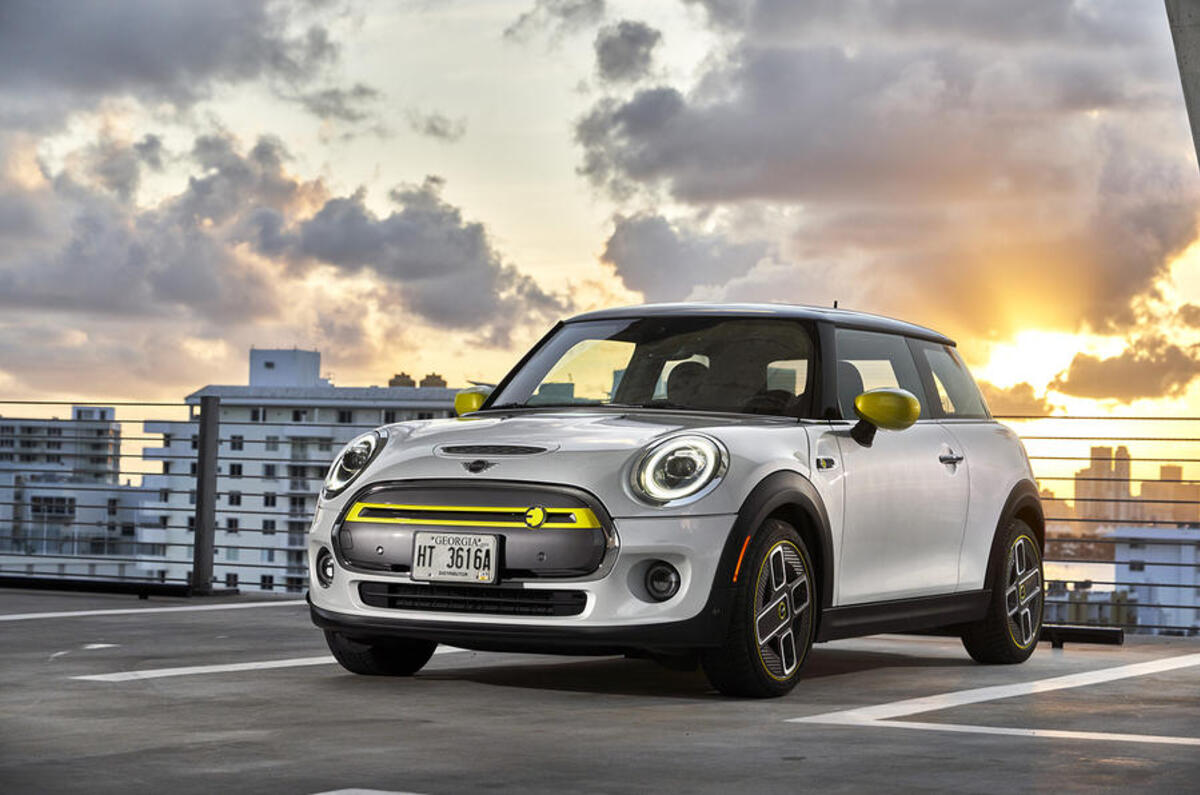Mini will become an electric-only brand "by the early 2030s", with the brand's final combustion engined model due to launch in 2025.
The plan to reinvent the long-running British marque, first reported last week, was confirmed by the BMW Group as part of a major acceleration of its electrification plans.
BMW says that Mini will play a "pioneering role" in the Group's electrification programme, claiming that "the urban brand is absolutely ideal for electric mobility." BMW says that Mini will remain a "global brand with a footprint in every region of the world", including markets it currently operates in which would still allow ICE cars to be sold after 2030.
The firm's last combustion-engined model, the next-generation Mini hatch, will launch in 2025. From that point on the firm will only launch fully electric models, with the goal for half of its global sales to be EVs by 2027.
Mini currently sells one EV, the Cooper-based Mini Electric SE. The next-generation Mini Countryman will go into production in Leipzig in 2023, and will be offered in both ICE and EV versions.
BMW Group manager Milan Nedeljkovíc stated that Mini's Oxford plant is "secured" for the future, and will continue to produce Mini models after the transition to electrification is complete.
Mini is also working on a new EV architecture, with Mini crossover EVs set to be produced in China from 2023 onwared in a joint venture with Great Wall.
READ MORE
BMW to introduce radically different EVs from 2025 onwards
New 2021 BMW i4: production model on sale in autumn
Mini previews key new electric models and SUV
Radical Mini Urbanaut concept is blueprint for the brand's future








Join the debate
Add your comment
Why the rush? I can't see why manufacturers are so keen to ditch combustion engine cars and hybrids in favour of EVs so soon. Conventional models can at least be sold profitably while, judging by the number of massively discounted preregistered electric cars I see at the moment, it must be hard to make money out of an EV.
Surely it makes sense to build more fuel efficient hybrids of the type sold by Toyota and Honda until such time as battery tech enables lighter, longer range and cheaper EVs to be made available?